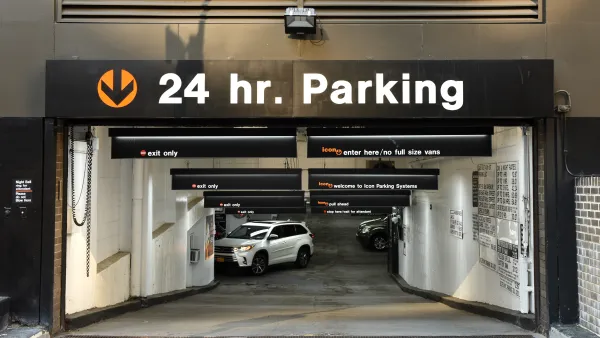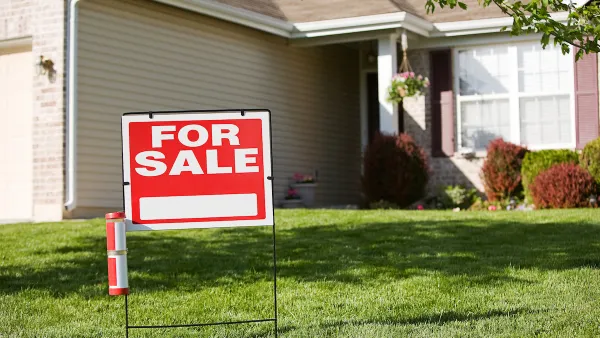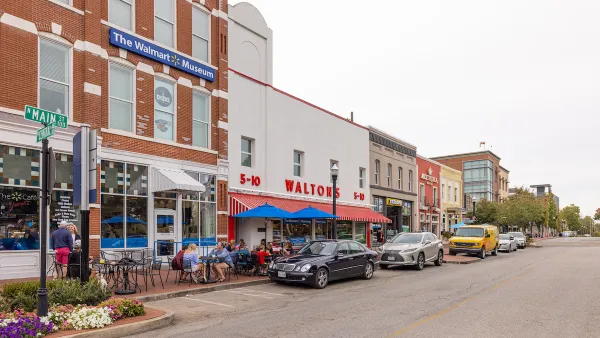Tenant-owned apartment buildings are rare in the District of Columbia, but are a key tool in preserving affordable homes in our quickly growing city. Here, a look at two--and one group that helps make them happen.
This winter, while there has been no heat circulating through Brenda Jordan’s two-story apartment, a $6 million check from the District government has kept her heart warm and hopes high for her Northeast cooperative.
Jordan has lived in Ward 7’s Pleasant Park neighborhood for over 30 years. Residents within the complex, comprised of sixty units within 5 buildings, have had their share of less than pleasant experiences over the past few decades. With renovations in sight for spring 2014, Jordan can finally picture change.
“I’ll have a breakfast bar, washer and dryer and an open-concept space,” says Jordan, president of the Pleasant Park Cooperative. “And I won’t have to worry about heat, because there will be a new radiator system.”
Jordan’s journey to renovation is a seven-year ordeal that began when tenants of the fully occupied complex were told that their homes were up for sale.
“They said they wanted to make condominiums, but we would have first preference to buy,” says Jordan.
The Tenant Opportunity to Purchase Act (TOPA) was formed as a means to advocate for long-time residents of developments who could become displaced from their homes. When a landlord decides to sell a property, he or she must give tenants a chance to purchase the property before selling it to an outside third party. In order to purchase, tenants must unite to from an incorporated cooperative, which then has up to 45 days after receiving the offer to sale, to deliver a statement of interest and application for registration.
Each Pleasant Park household was offered $500 - $1,500 to give up their right to collectively purchase the property, but Jordan knew that her life in the city was worth more.
Using her 17 years of experience in union negotiations, Jordan knocked on doors and spoke with neighbors to rally the 50 percent participation needed to form a cooperative. It took two months to incorporate the association, submit the letter of intent to purchase and receive a $4.7 million low-interest loan from the Department of Housing and Community Development (DHCD) to purchase the property.
As owners, Jordan hopes that members of the cooperative can create legacies in the community, which boasts proximity to historic D.C. landmarks like Marvin Gaye Park. She plans to pass down her apartment to her son, who was two years old when they moved there in 1976.
FULL STORY: Co-ops preserve affordable housing in rapidly changing neighborhoods

Analysis: Cybertruck Fatality Rate Far Exceeds That of Ford Pinto
The Tesla Cybertruck was recalled seven times last year.

National Parks Layoffs Will Cause Communities to Lose Billions
Thousands of essential park workers were laid off this week, just before the busy spring break season.

Retro-silient?: America’s First “Eco-burb,” The Woodlands Turns 50
A master-planned community north of Houston offers lessons on green infrastructure and resilient design, but falls short of its founder’s lofty affordability and walkability goals.

Test News Post 1
This is a summary

Analysis: Cybertruck Fatality Rate Far Exceeds That of Ford Pinto
The Tesla Cybertruck was recalled seven times last year.

Test News Headline 46
Test for the image on the front page.
Urban Design for Planners 1: Software Tools
This six-course series explores essential urban design concepts using open source software and equips planners with the tools they need to participate fully in the urban design process.
Planning for Universal Design
Learn the tools for implementing Universal Design in planning regulations.
EMC Planning Group, Inc.
Planetizen
Planetizen
Mpact (formerly Rail~Volution)
Great Falls Development Authority, Inc.
HUDs Office of Policy Development and Research
NYU Wagner Graduate School of Public Service




























